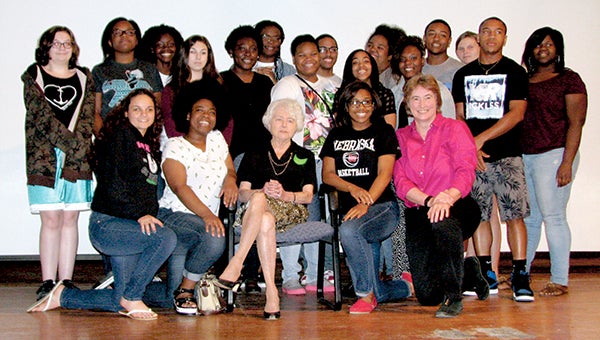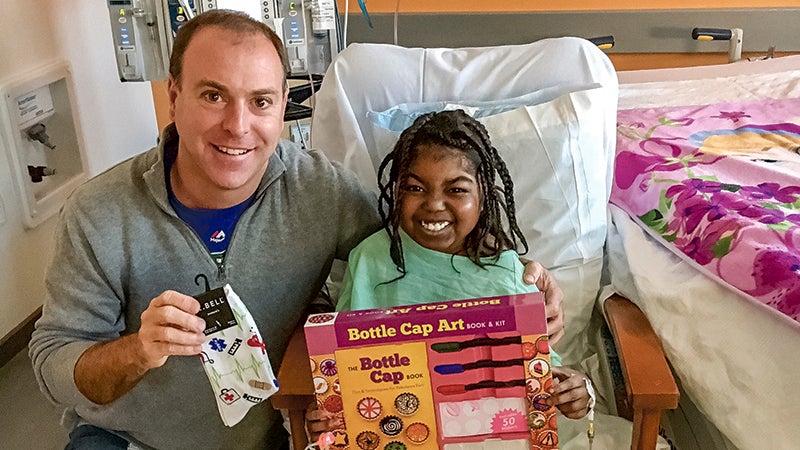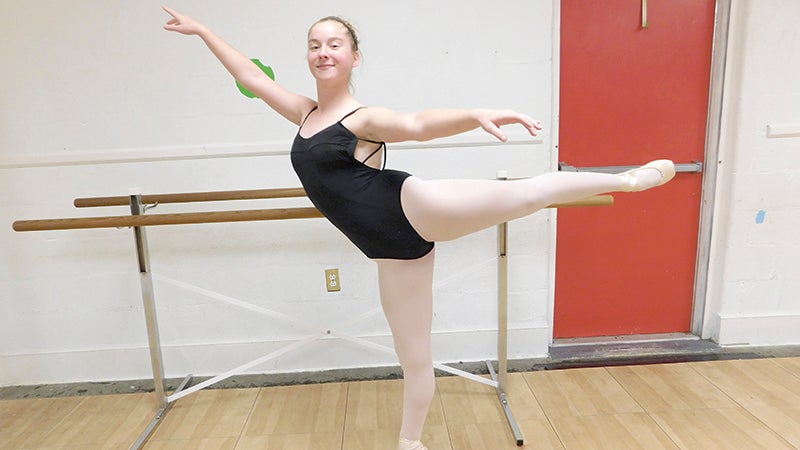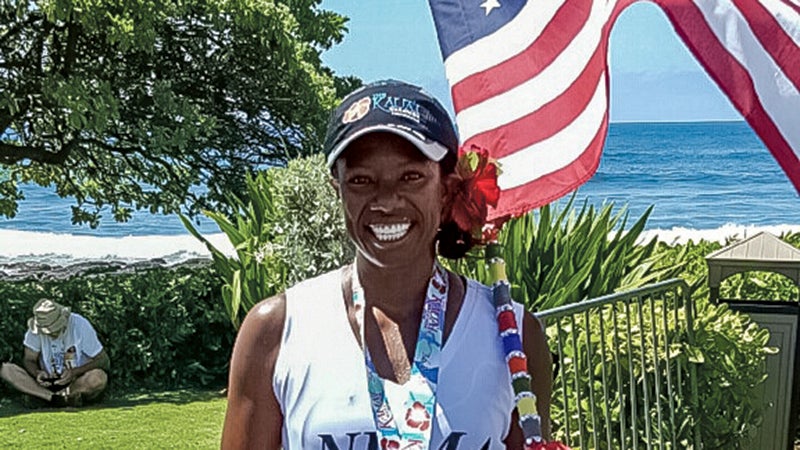‘One long chain of miracles’
Published 10:34 pm Monday, June 6, 2016

Social studies students at Lakeland High School and teacher India Meissel, kneeling at right, pose for a photo with Dana Cohen, seated center, a Holocaust survivor who spoke to the students in the school’s auditorium on Monday morning.
Lakeland students hear Holocaust survivor’s story
Dana Cohen survived the Holocaust by stealing potatoes and carrying them in the hem of her dress, bartering for services using goods sent from home, learning to pose as Catholic, and hundreds of other occurrences in what Cohen’s mother once called “one long chain of miracles.”
She shared her story with hundreds of students at Lakeland High School on Monday. The Rho Kappa Honor Society hosted the appearance by Cohen, a community speaker with the United Jewish Federation of Tidewater.
Students viewed a video presentation of Cohen’s story, asked her questions directly and examined replicas of items Cohen would have carried with her on her journey — including the dress with the hem enlarged for the purpose of potato-smuggling.
“We’re the last generation that’s going to hear from survivors,” India Meissel, a Lakeland social studies teacher, said as she watched students get autographs and take pictures with Cohen after the presentation. “This is a primary source we’re not going to have much longer.”
The Lakeland students took advantage of the opportunity, listening with rapt attention to Cohen’s remarkable story of survival.
Cohen was born Danuta Sygal in Lwow, Poland, in 1932. Her father owned a sawmill, and the family was able to enjoy the comforts of society.
That started to change, however, when Adolf Hitler rose to power and began his campaign of extermination of the Jews.
On April 13, 1940, a Russian soldier forced his way into the Sygals’ home and ordered Dana’s mother, Freda Sygal, to get herself and her daughter ready. Dana’s father had already been called into service for the Polish Army.
Freda and Dana were forced onto a cattle train with a number of other Jews, which took them to Kazakhstan. From there, a truck carried them farther north, into Siberia, where they were forced into a slave labor camp, one of about 500 in the Soviet Union.
The camp had no walls or fences, because they were unnecessary, said Deborah Segaloff, a volunteer with the Holocaust Commission who led Monday’s presentation. Nobody tried to escape to certain death; they only hoped to survive where they were.
“No matter what direction you would go, you would only find frigid nothingness and death,” Segaloff said.
Survival in Siberia was equally horrifying.
“The winters were very severe,” Cohen said in the video. The prisoners slept on sacks of straw on the floor of barracks. The only compensation for endless hours of labor was a piece of bread each day — and if they didn’t complete their work or committed some infraction, they didn’t get that.
That was when young Dana and some other children learned how to steal potatoes from villagers’ fields. They hid them in the hems of their dresses.
Eventually, Dana’s mother was able to use care packages their non-Jewish housekeeper back home was sending to negotiate better quarters for her and her daughter. They slept on a hard bunk in the kitchen of a Russian peasant in exchange for the clothing, tea, money and other goods in the packages.
Relief came in the summer of 1941, when the Russians broke their alliance with the Germans and suddenly released the prisoners. However, they did not provide transportation, so a group hired a truck — Dana’s mother sold her wedding ring to pay their share — that took them to a railway station, where they were able to head to Samarkand, Uzbekistan.
But their journey was not over yet. Dana contracted a serious kidney infection, and no doctor in the hospital would treat her. Her mother convinced a female doctor to leave the hospital and examine her on the street corner. The doctor declared Dana would not survive.
But she and her mother would survive, again through the ingenuity of her mother. Because Jews could not obtain papers to allow for transport, Dana and her mother assumed fake last names and acted Catholic. Dana even stayed in a Catholic orphanage, learned to cross herself and received the sacrament of communion.
“There were other children in the same situation,” Cohen said Monday.
But she never gave up on her religion, despite being persecuted for it and having to pretend to be a different religion.
“I didn’t question my religion,” she said Monday, which drew a round of applause from the Lakeland students.
Dana and her mother eventually obtained transportation to Uganda, where they lived for several years in a community of Polish refugees. Dana had a pet monkey, attended school and learned some Swahili.
Once safe in Africa, Dana’s mother sought news about her husband. To their dismay, they learned he along with thousands of other Polish soldiers died in the infamous Katyn Forest Massacre.
In 1958, Dana moved to Washington, D.C., where she met her future husband, William Cohen. They were married in 1963, and they moved to Norfolk when he decided to establish an auto parts wholesale business there.
They had one son, Michael. Dana’s mother, Freda, moved to Norfolk in 1965 and lived there until her death in 1994. William died in 2005, and Dana and Michael still live in Norfolk.
“Hardly anybody wanted to go back to Europe,” Cohen said Monday. “They had no homestead, no families.”
Cohen said it is important to share her story as long as she can — and, thanks to the films produced by the United Jewish Federation of Tidewater sharing her and other survivors’ stories, her story is recorded for posterity.
“It’s a piece of history,” she said Monday. “This is a part of history. This actually happened. That’s what we lived through.”
Segaloff said the commission hopes people, especially youngsters, will be inspired by the films.
“It is critical that change begins with each and every one of us,” she said.
The film on Cohen, as well as films on other local Holocaust survivors and camp liberators, can be viewed at www.holocaustcommission.org.






